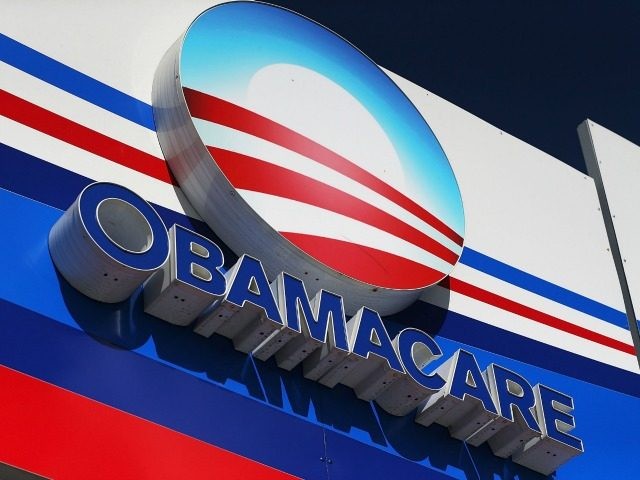Connecticut’s Obamacare health insurance co-op is being placed under state supervision because of its status as financially “unstable,” leaving 40,000 individuals on the hunt for new insurance plans.
HealthyCT – a nonprofit health insurance plan set up under President Barack Obama’s signature health care reform, is one of 23 original Obamacare co-ops and the 14th to fail since they began selling their health insurance plans on the Obamacare exchanges.
Obamacare exchange Access Health CT CEO Jim Wadleigh released a statement following the announcement from Connecticut Insurance Department regulators that HealthyCT would no longer be permitted to sell plans in Connecticut.
We have just learned from the Connecticut Insurance Department that insurance company HealthyCT has been ordered to stop writing new policies in Connecticut effective immediately. As a result, Access Health CT will no longer be selling healthcare coverage offered by HealthyCT on the exchange. We realize that this will cause some concern for customers who purchased a HealthyCT plan via AHCT and we are committed to making sure they receive the help they need to find new coverage.
“HealthyCT is committed to its customers and partners, and we will continue to support them, pay claims, and meet other financial obligations during the period of supervision,” said the co-op’s CEO Kenneth Lalime.
According to the Hartford Courant, about 10 percent – or 10,500 – Connecticut residents with Obamacare policies will have to purchase new insurance plans by the end of the year as a result of HealthyCT’s failure.
“Another 27,000 policyholders, covered under group plans through small and large businesses, could have to switch sooner,” the news report states. “Those with plans set for renewal Aug. 1 will need to find a new health insurer before then, while those that had their plans renewed July 1 will be covered by HealthyCT through June 30, 2017.”
“People shouldn’t panic,” insurance Commissioner Katharine Wade said. “They’re going to have their coverage to the end of the year. The providers are going to get paid.”
As CNBC reports, HealthyCT had “adequate capital and sustainable liquidity” up until last week when the federal government sent a bill to the co-op for $13.4 million to pay for Obamacare’s risk adjustment program, which operates under the principle of redistribution.
According to the report:
The risk adjustment program is designed to spread out the financial risk of insuring people with Obamacare plans by redistributing money from insurers with healthier customers to companies with sicker customers. But smaller insurers, particularly co-ops, have sometimes been strained by the program because their balance sheets are not large enough to cover the costs from it.
In June, Ohio’s Obamacare co-op became the 13th to fail. In a letter to the Centers for Medicare and Medicaid Services, Sen. Rob Portman (R-OH) wrote that as chairman of the Senate Permanent Subcommittee on Investigations, he found:
…HHS was aware of serious problems with the failed CO-OPs’ financial viability before the Department ever approved the initial loans. The failed CO-OPs ultimately racked up $376 million in losses in 2014, and more than a billion dollars in losses in 2015. But despite receiving regular reports that the CO-OPs were performing far worse than expectations, HHS took no corrective action for over a year and neglected oversight of this multibillion-dollar loan portfolio.
“Remarkably, HHS now claims that it has no responsibility to protect these consumers, despite the fact that HHS designed and managed the CO-OP program and encouraged Ohioans to trust in the Obamacare marketplace,” Portman added.
Grace-Marie Turner, president of the Galen Institute, which supports free-market health care proposals, observed the common progressive fallacy of non-profit health care reform proposals. She said those who wanted the Obamacare co-ops believed “if they didn’t have a profit, they could charge less money, provide more service.”
She said the continued failure of the co-ops, however, “is an indictment of the idealistic notion that you could put people in charge of billions of dollars who have little or no experience in the insurance industry.”

COMMENTS
Please let us know if you're having issues with commenting.